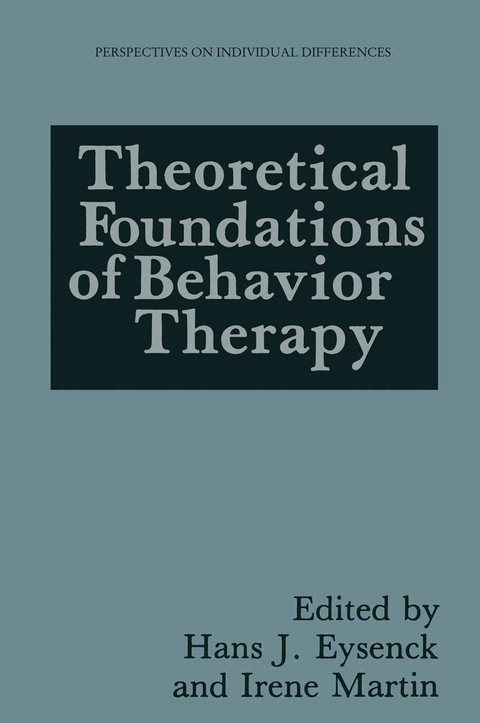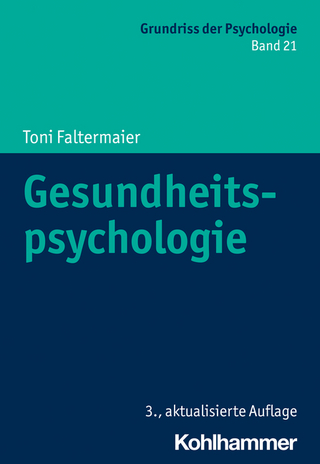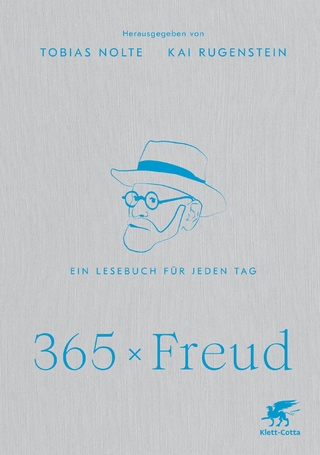
Theoretical Foundations of Behavior Therapy
Springer-Verlag New York Inc.
978-1-4899-0829-2 (ISBN)
I Introduction.- 1 Behavior Therapy.- 2 Behavior Modification.- II Conditioning Theory.- 3 Animal Conditioning and Learning Theory.- 4 A Primate Model of Phobic Fears.- 5 Evaluative Conditioning: A Case for Hedonic Transfer.- 6 Knowledge, Action, and Control.- 7 Operant Conditioning: The Hiatus between Theory and Practice in Clinical Psychology.- 8 Language Conditioning: Clinical Issues and Applications in Behavior Therapy.- III Cognitive Theory.- 9 Trait Anxiety and Cognition.- 10 Clinical Anxiety and Cognition.- 11 Cognitive Theories of Depression.- 12 Cognitive Treatment of Depression.- 13 Cognitive Theories of Motivation.- 14 Emotion, Cognition, and Action.- IV Description and the Organization of Behavior.- 15 Prospects for Theoretical Progress in Behavior Therapy.- 16 Behavioral Assessment: A New Theoretical Foundation for Clinical Measurement and Evaluation.- 17 A Response Process Model of Behavior.- V Biological Bases of Personality and Behavior.- 18 The Role of Heredity, Environment, and “Preparedness” in the Genesis of Neurosis.- 19 Hormones and Clinical Anxiety: An Imbalanced Neuromodulation of Attention.- 20 Interactions between Drugs and Behavior Therapy.- VI Conclusion.- 21 Concluding Comments on Theoretical Foundations and Requirements in Behavior Therapy.
| Reihe/Serie | Perspectives on Individual Differences |
|---|---|
| Zusatzinfo | XX, 474 p. |
| Verlagsort | New York |
| Sprache | englisch |
| Maße | 155 x 235 mm |
| Themenwelt | Geisteswissenschaften ► Psychologie ► Allgemeines / Lexika |
| Geisteswissenschaften ► Psychologie ► Klinische Psychologie | |
| Medizin / Pharmazie ► Medizinische Fachgebiete ► Psychiatrie / Psychotherapie | |
| ISBN-10 | 1-4899-0829-3 / 1489908293 |
| ISBN-13 | 978-1-4899-0829-2 / 9781489908292 |
| Zustand | Neuware |
| Haben Sie eine Frage zum Produkt? |
aus dem Bereich


